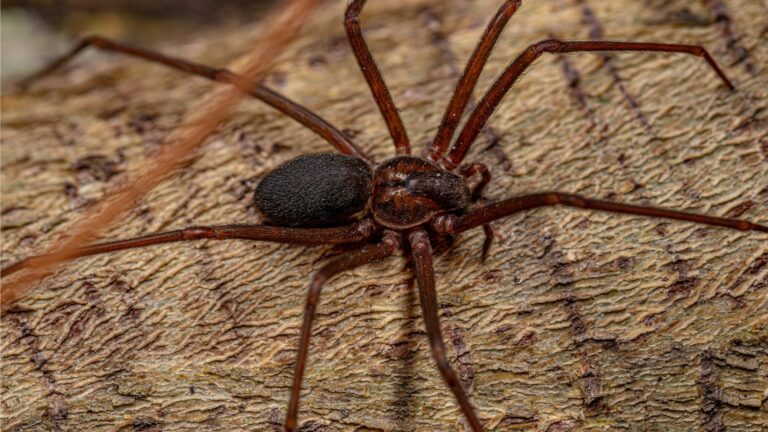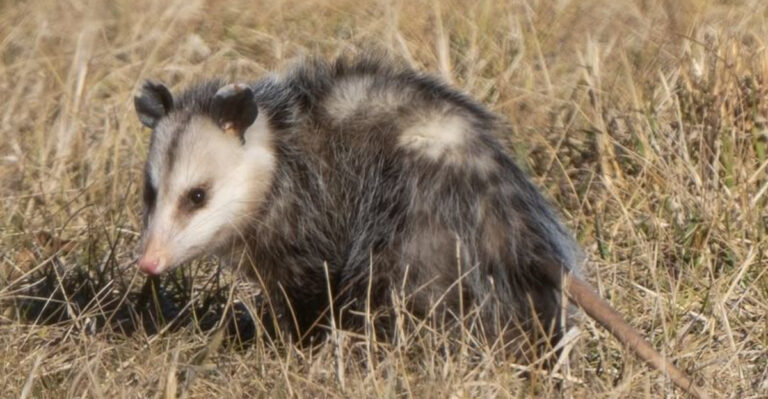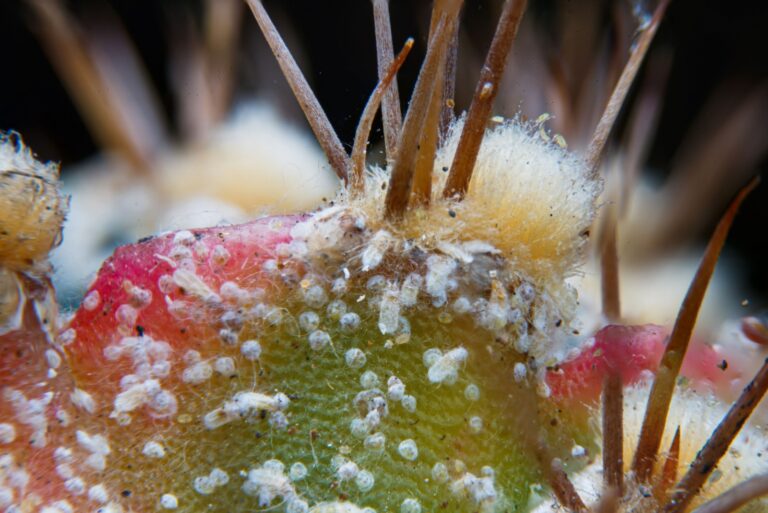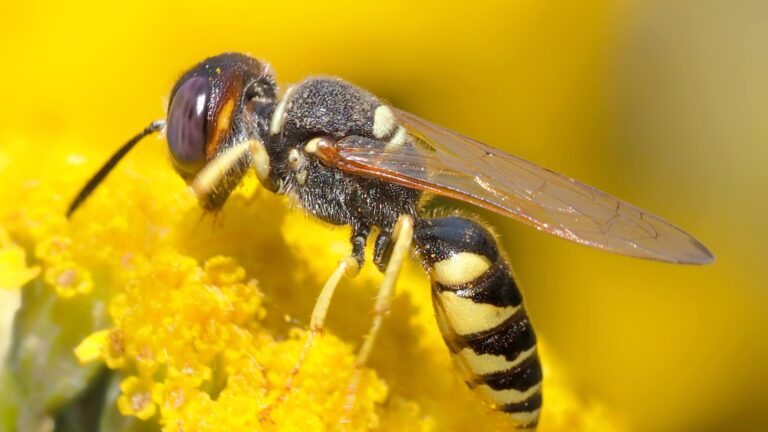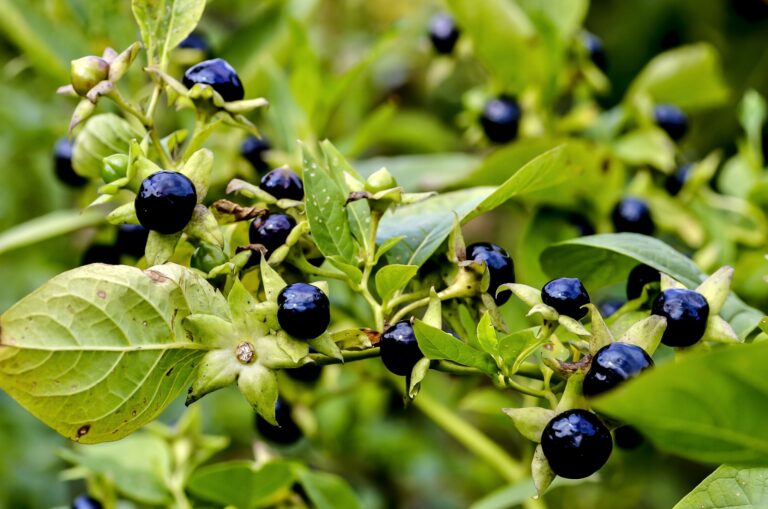11 Plants Every Tennessee Gardener Should Know For Rat Control
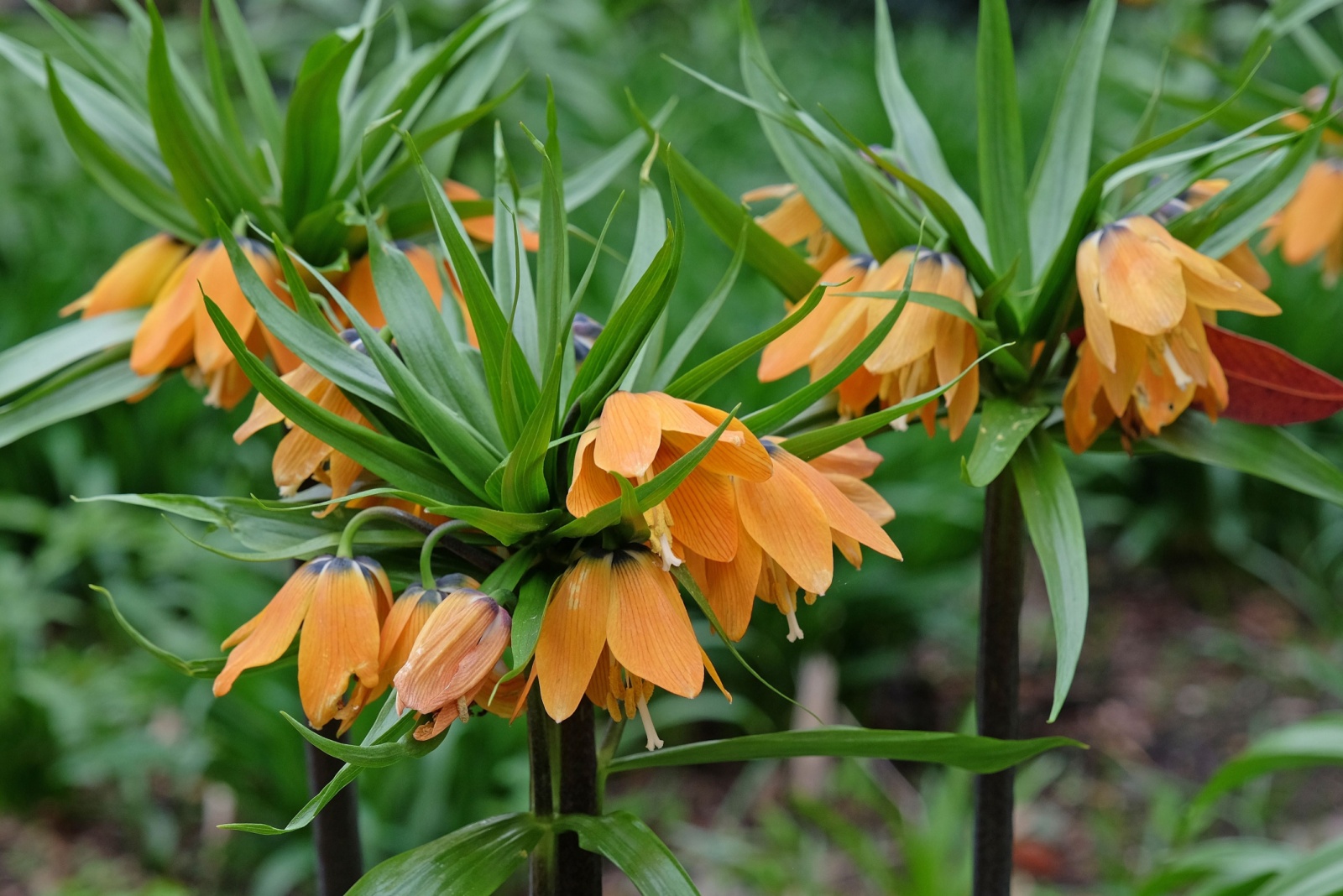
Dealing with rats in your Tennessee garden can be a real headache. These unwanted visitors damage plants, contaminate soil, and can even find their way into your home.
Instead of relying solely on traps or chemicals, many gardeners are turning to nature’s own solution – plants that rats absolutely hate. The good news is that many of these plants thrive in Tennessee’s climate.
1. Mint: The Fragrant Defender
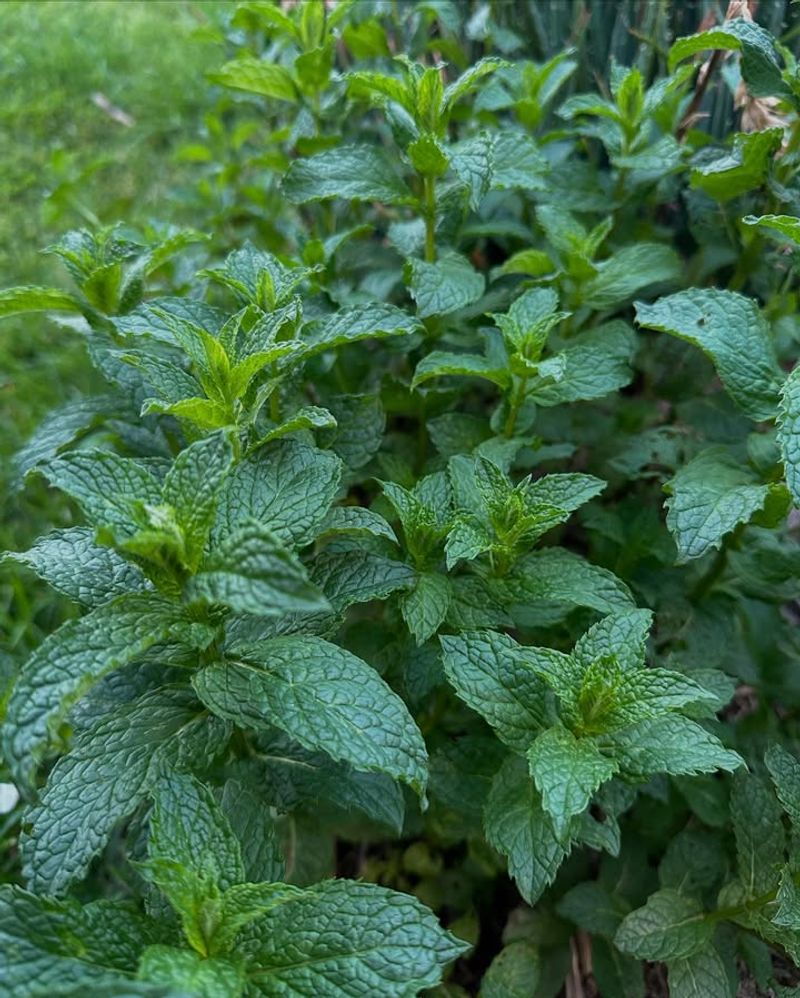
Rats can’t stand the strong smell of mint that humans find so refreshing. The powerful essential oils in mint leaves overwhelm a rat’s sensitive nose, making your garden territory they’d rather avoid.
Plant mint in containers since it spreads aggressively. Position these containers around garden entries, compost piles, or wherever you’ve spotted rat activity. For maximum effectiveness, crush a few leaves occasionally to release more scent.
2. Lavender: Beautiful Barrier
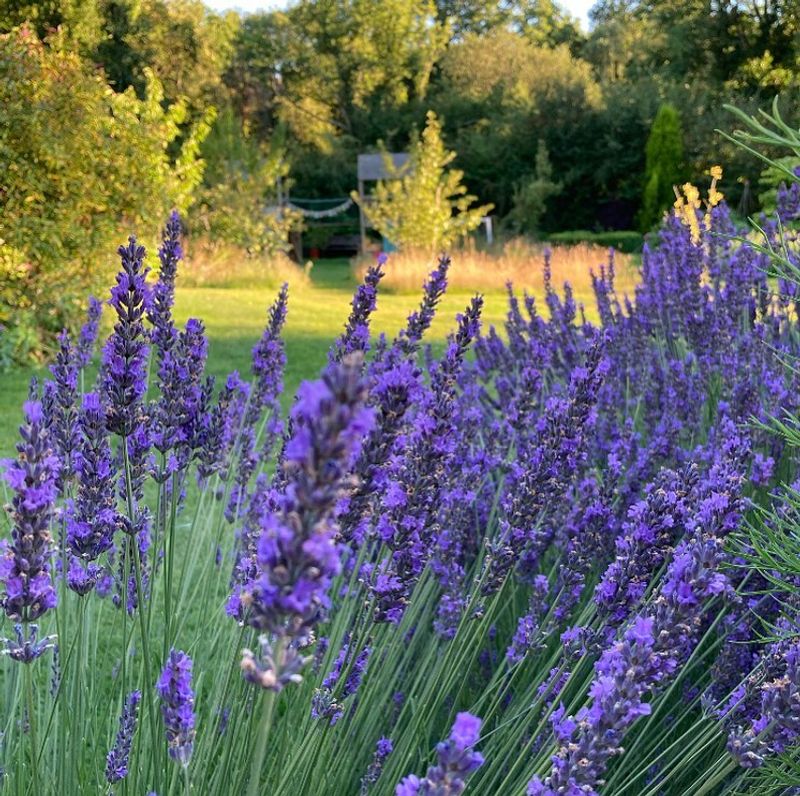
Those lovely purple blooms that make your garden gorgeous also serve as a natural rat deterrent. Lavender’s pleasant fragrance might delight us, but rats find it absolutely overwhelming and irritating to their sensitive noses.
Thriving in Tennessee’s sunny spots with well-drained soil, lavender creates a beautiful boundary that rats won’t cross. The bonus? You’ll enjoy a fragrant garden that attracts beneficial pollinators while keeping the rodent population at bay.
3. Rosemary: Culinary Rat-Repellent
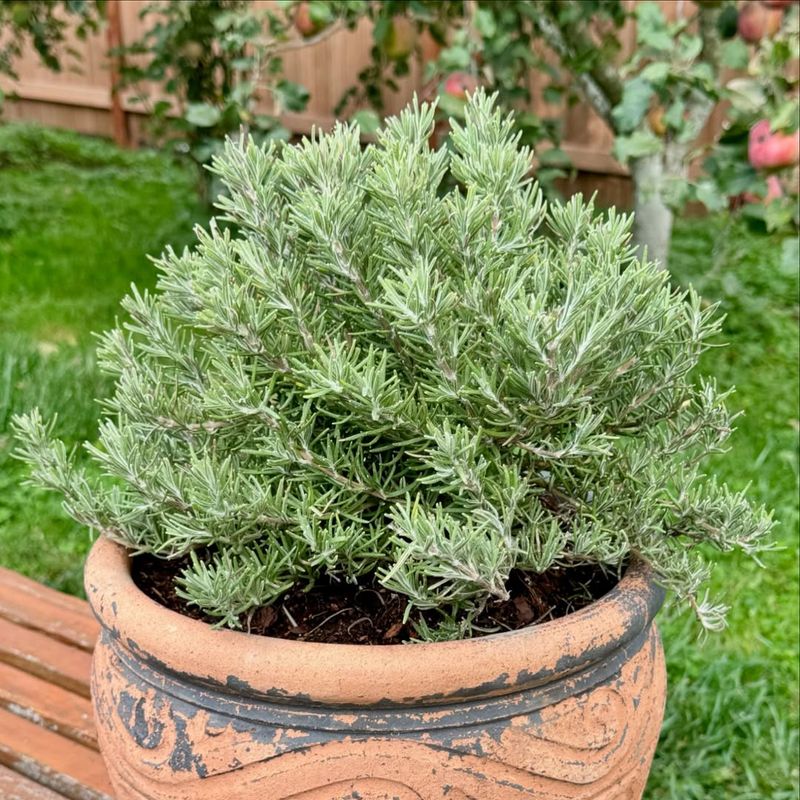
Ever notice how rosemary’s piney aroma fills your kitchen? That same strong scent makes rats turn tail and run. Growing upright with needle-like leaves, rosemary creates a fragrant fortress against rodent invasions.
Perfect for Tennessee’s climate, this herb thrives in our hot summers and can handle mild winters, especially in protected spots. Plant it near patios, garden sheds, or anywhere rats might enter your property. As a bonus, you’ll always have fresh rosemary for cooking!
4. Daffodils: Toxic Beauties
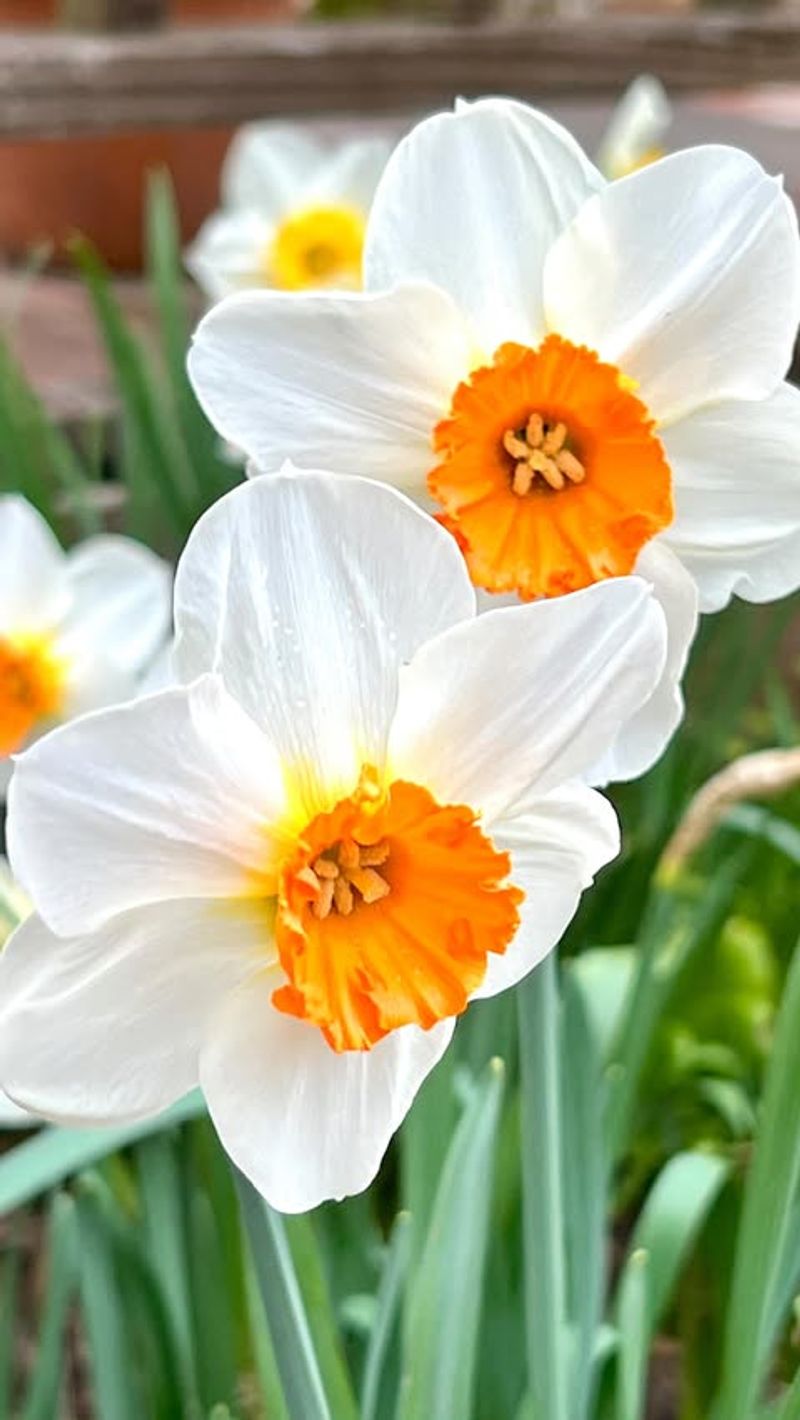
Spring’s golden trumpets aren’t just pretty faces in your garden – they’re natural rat bouncers! Daffodil bulbs contain lycorine, a toxic alkaloid that rats instinctively avoid.
Plant these beauties around the perimeter of your Tennessee garden or near structures where rats might seek shelter. They’ll multiply year after year, strengthening your rat defense line each spring. Remember to wear gloves when handling the bulbs since they can irritate human skin too.
5. Alliums: Pungent Protectors
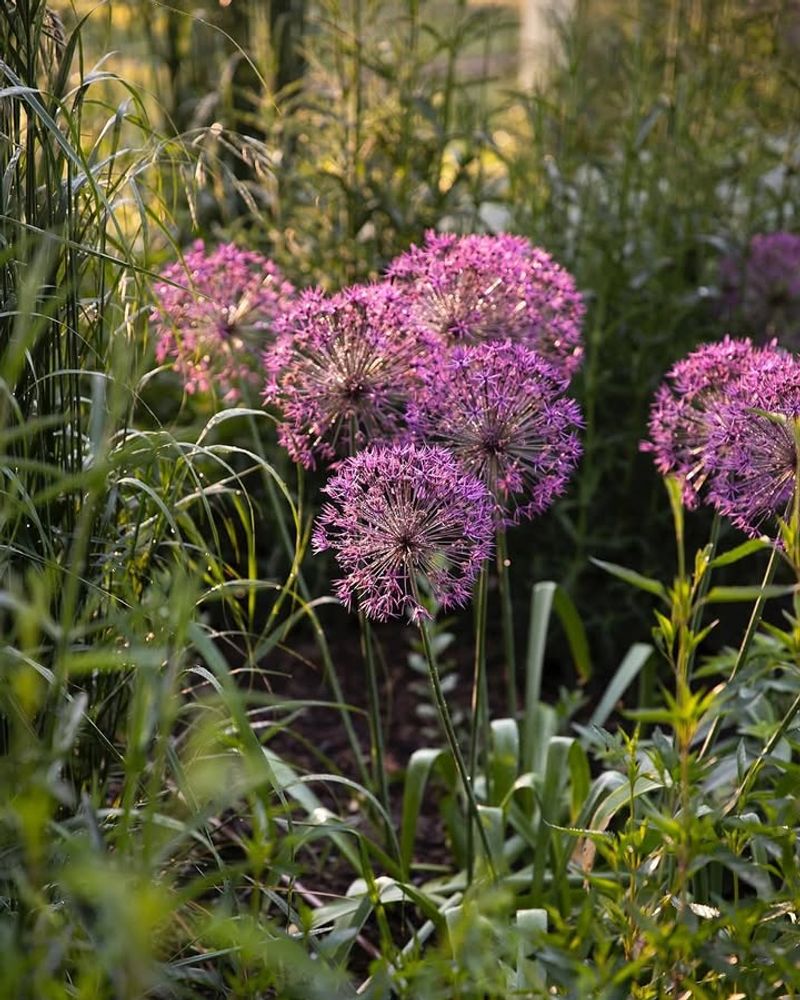
The allium family – including onions, garlic, and ornamental varieties – contains sulfur compounds that rats find absolutely revolting. Their pungent smell masks food odors that might otherwise attract rodents to your garden.
Garlic and onions work wonderfully in vegetable gardens, while ornamental alliums with their purple globes add dramatic flair to flower beds. Plant them strategically around your Tennessee property, focusing on areas where you’ve seen rat activity or potential entry points.
6. Marigolds: Bright Rat Deterrents
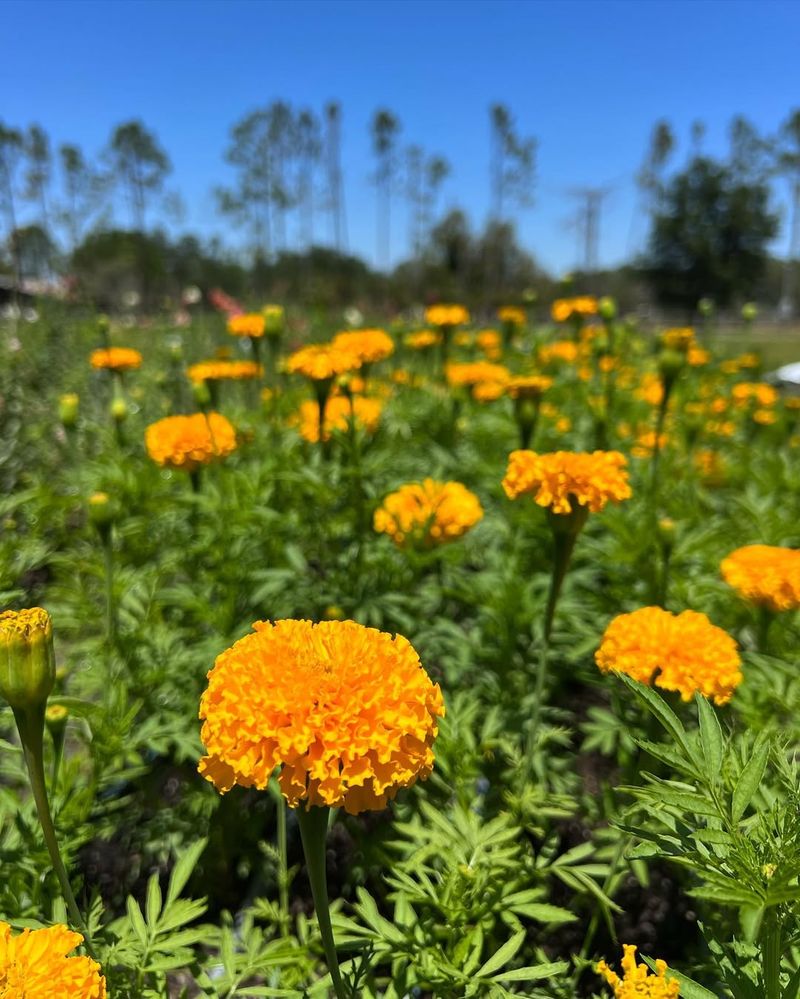
Marigolds pack a double punch against garden pests with their bright colors and distinctive smell that rats simply detest. Their roots release chemicals that repel many underground pests too.
These hardy annuals thrive in Tennessee’s hot summers and are perfect for bordering vegetable gardens or surrounding sheds where rats might nest. The French marigold varieties seem especially effective. Plant them densely for the strongest rat-repelling effect while enjoying their cheerful blooms all season.
7. Black Pepper Plant: Spicy Defender
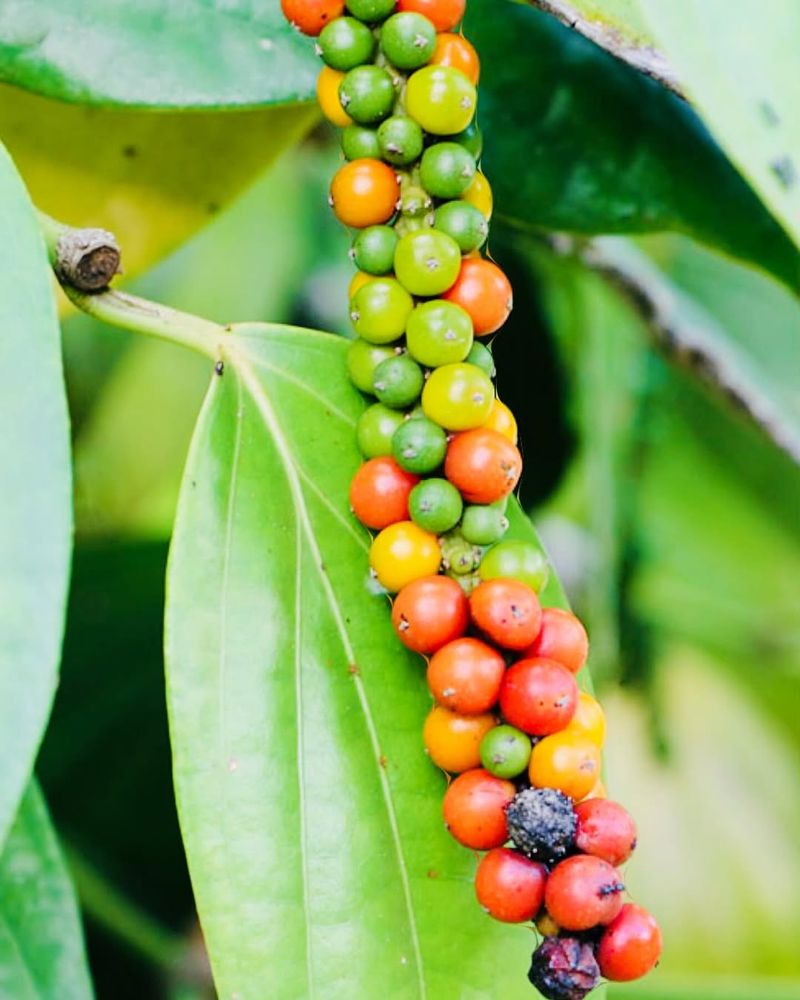
Growing black pepper plants introduces a spicy element rats absolutely hate. The piperine compound that gives black pepper its kick irritates rats’ sensitive noses and keeps them far away.
In Tennessee’s climate, these tropical plants need protection during winter months, making them perfect for container gardening. Move them to sunny spots during summer and place them near potential rat entry points. Brushing against the leaves releases their spicy scent, creating an invisible barrier against unwanted rodents.
8. Euphorbia: The Milky Menace
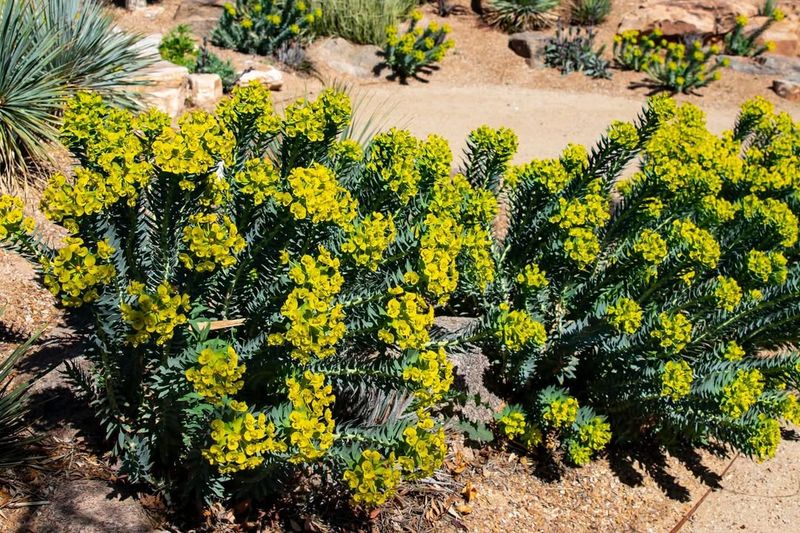
Euphorbias contain a milky sap that irritates rats’ sensitive paws and noses. When they touch or smell these plants, rats quickly learn to stay away from your garden territory.
Many euphorbia varieties thrive in Tennessee’s growing conditions, from drought-tolerant spurges to showier crown-of-thorns. Their architectural shapes add interest to your landscape while serving as natural rat guards. Place them strategically along garden boundaries or near buildings where rats might seek shelter.
9. Catnip: Feline Friend, Rodent Foe
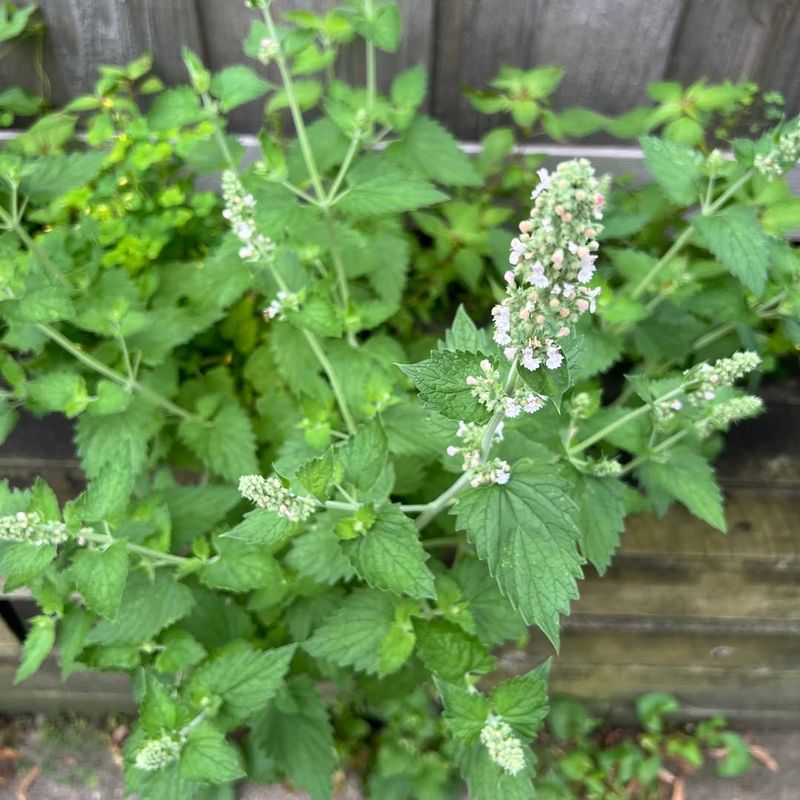
While cats go crazy for catnip, rats have the opposite reaction – they absolutely hate it! The natural compound nepetalactone that attracts cats works as a powerful rat repellent.
Easy to grow in Tennessee gardens, catnip spreads readily in sunny spots. Consider planting it around compost bins, garden sheds, or other potential rat hangouts. As an added bonus, neighborhood cats attracted to your catnip might help control the rat population naturally.
10. Wormwood: The Bitter Guardian
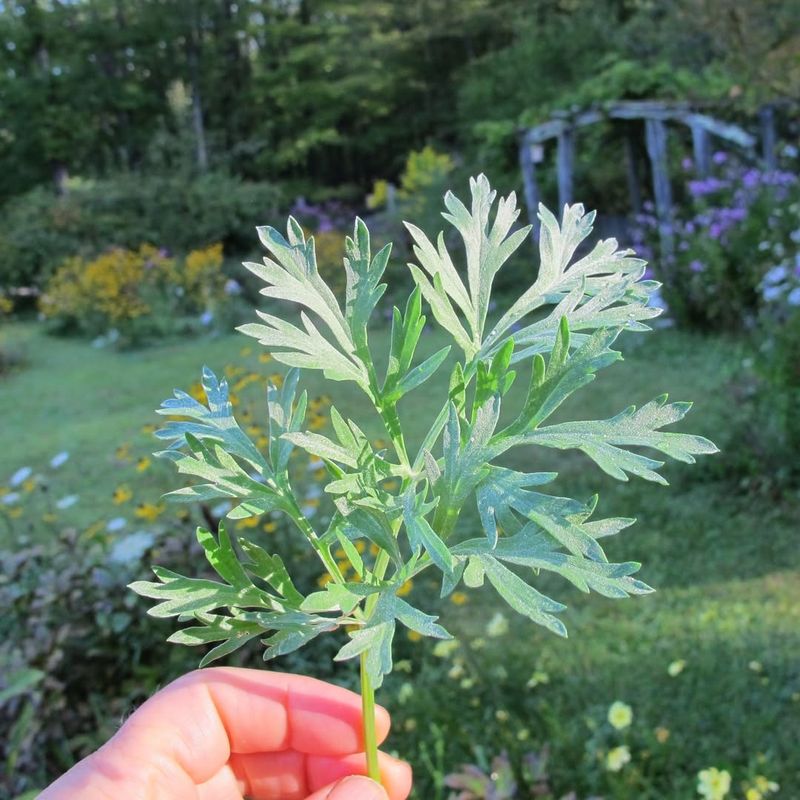
Wormwood’s intensely bitter compounds and strong aroma make it nature’s perfect rat repellent. The same plant used in absinthe creates a barrier rats won’t cross, protecting your Tennessee garden naturally.
With silvery-gray foliage that adds texture to garden designs, wormwood thrives in our state’s hot summers and well-drained soils. Plant it around garden perimeters or near structures where rats might nest. Its drought tolerance makes it particularly valuable during Tennessee’s occasional dry spells.
11. Crown Imperial: Regal Rat Deterrent
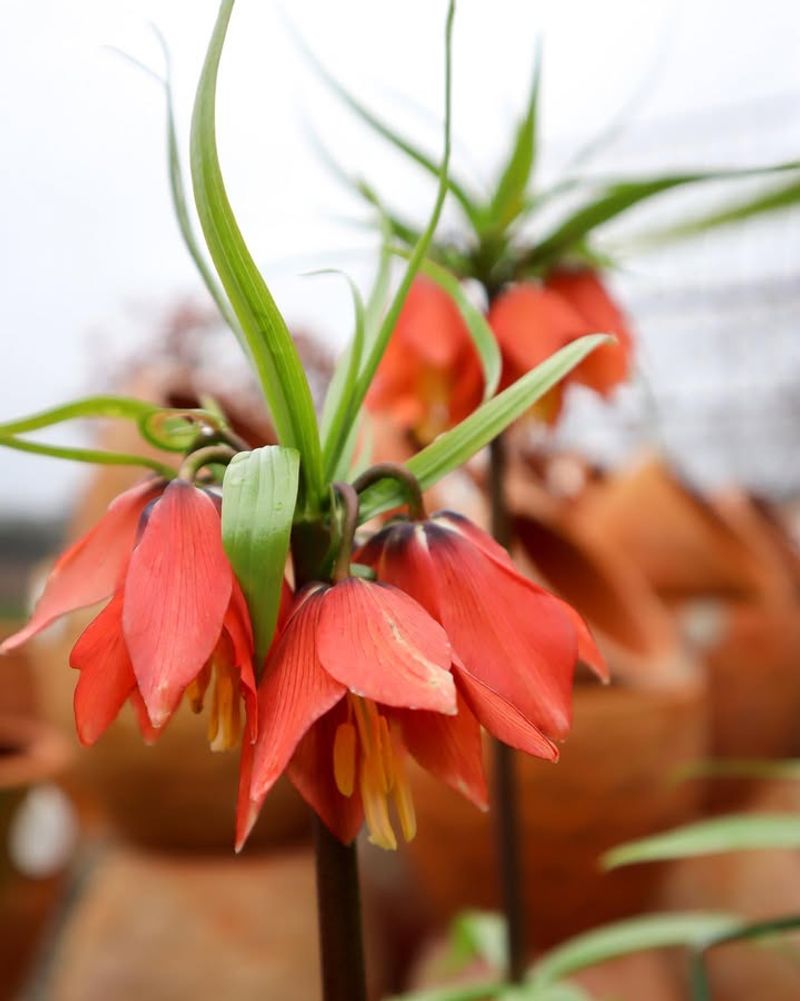
Standing tall with their crown-like flowers, these dramatic spring bulbs emit a fox-like smell that humans barely notice but rats absolutely detest. The skunk-like odor comes from their bulbs and keeps rodents far away.
Plant Crown Imperials in Tennessee gardens where they’ll receive full sun and good drainage. They make stunning additions to perennial borders while secretly serving as rat guards. For maximum effect, place them near structures or garden areas where rats typically travel or nest.

